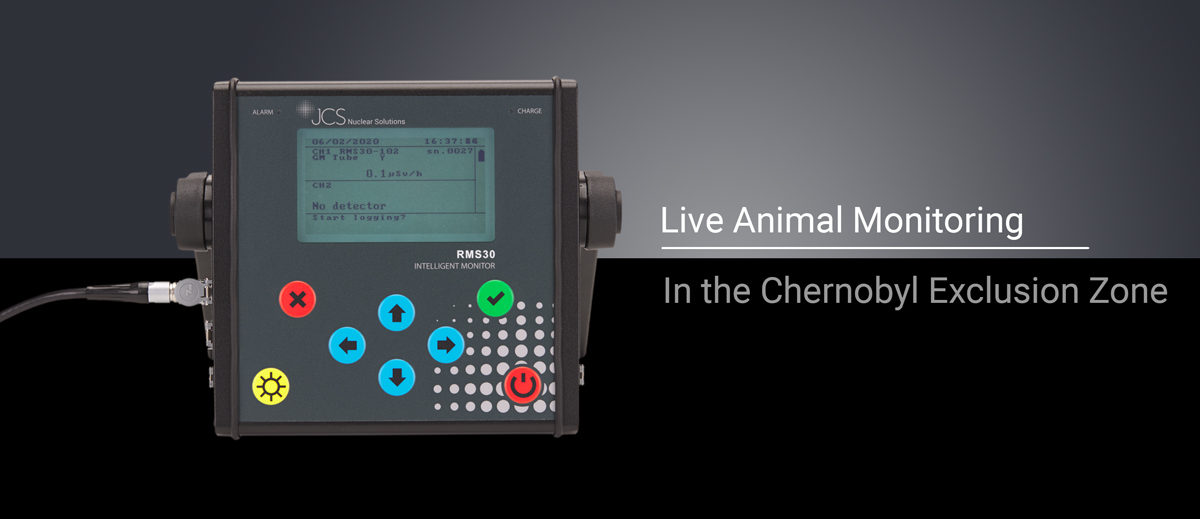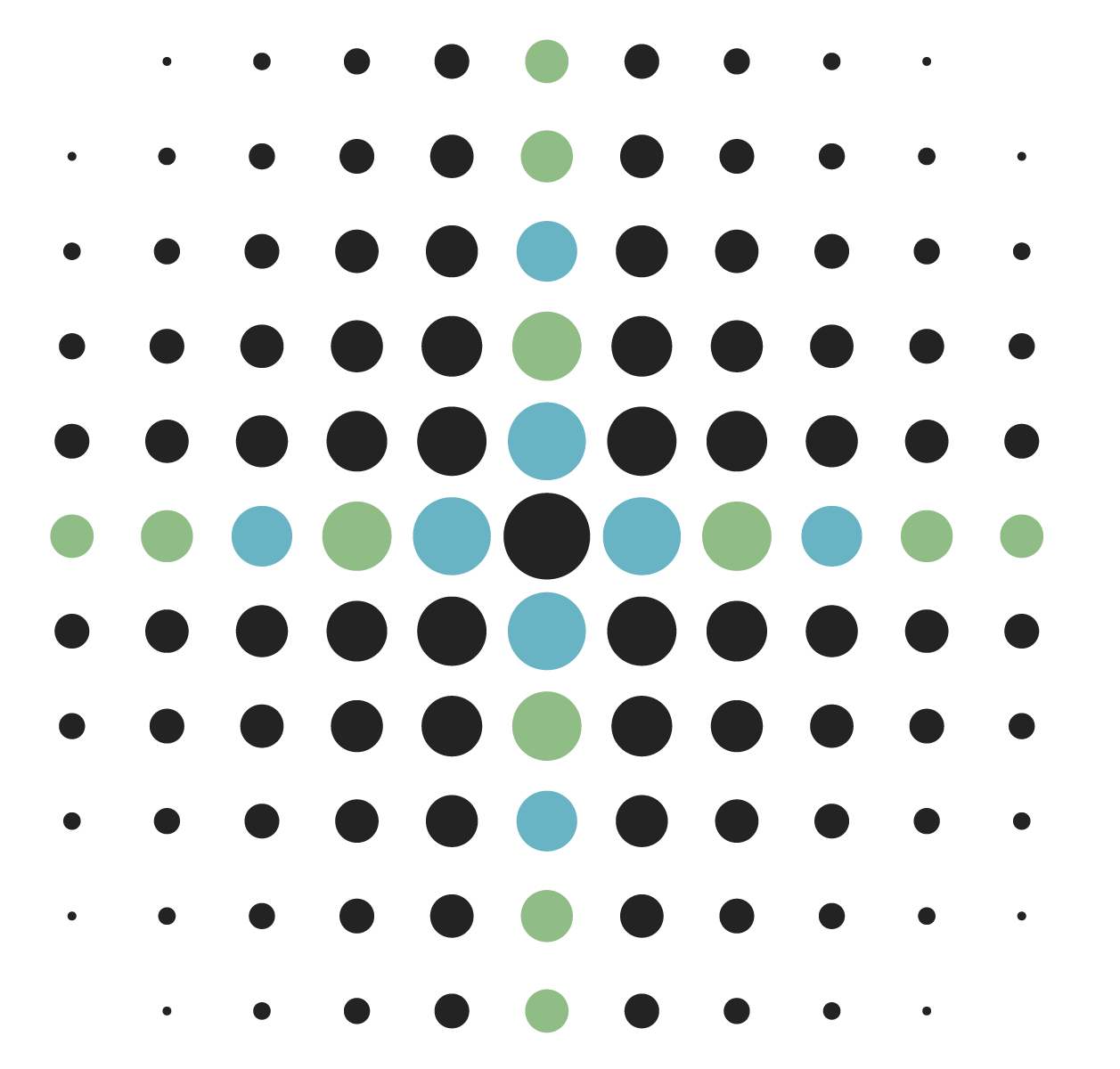
Live animal monitoring in the Chernobyl exclusion zone
An innovative portable detector for the live-monitoring of radionuclides in small terrestrial animals in the Chernobyl exclusion zone
In the report below Ross Fawkes from the University of Salford, outlines his
Radionuclide measurements in wildlife are required to demonstrate that the environment is not significantly impacted by radioactivity. Determination of internal radionuclide activity concentrations often requires destructive sampling. Development of alternative (non-lethal) measurement methods is therefore desirable.
This research covered the design, construction and testing of a new portable live-monitoring detector for measuring radionuclide activity concentrations in wildlife.
The detector is unique in that it enables field-based measurement of both gamma and beta emitting radionuclides (focusing specifically caesium-137 and strontium-90 in this work) in living small animals.
Literature on detector characteristics and radionuclides in the environment informed a modelling approach that was used to optimise the detector design. The optimised design contains two caesium iodide scintillators and two plastic scintillators, which enable the measurement of 137Cs and 90Sr respectively; all four scintillators were shaped and positioned to maximise detection from the organism.
Four photomultiplier tubes collect light from the scintillators and a dual channel analyser (RMS30 from John Caunt Scientific) provides signal processing. Surrounding the detection materials is a lead shield designed to give an optimal balance between portability and background radiation reduction. The animal to be measured is put into a card restraint that is designed to humanely secure it during counting.
The portable detector was initially tested in a laboratory using 137Cs and 90Sr sources to determine suitable operation and detection rates. Variation in detection rate caused by source movement within the restraint was determined to be minimal (standard deviation <5 % for 137Cs and <10% 90Sr) provided the animal is placed in a restraint of similar size to its body.
Field testing was then conducted on small rodent and bird species in the Chernobyl Exclusion Zone. Monitoring of internal activity concentrations for small rodents and birds showed a good correlation to results obtained using an alternative verified method (R2 > 0.9 for both 137Cs and 90Sr, N = 10 for each species). The field testing demonstrated the utility of this portable detector in a high radiation background environment for measuring radionuclide contamination within a range of different small animals.
The results show the detector could be used for monitoring radionuclides in protected species and reduce the number of animals euthanised for the purposes of radioecological research. The design choices made provide a template for developing a broader range of detectors that could monitor different radionuclides, organism types and sizes.
Development and construction was conducted in collaboration with John Caunt Scientific (JCS Ltd.) and University of Salford Makerspace.
Funding for this research has been provided through the TREE (Transfer – Exposure – Effects; http://www.ceh.ac.uk/tree ) project as part of the Natural Environmental Research Council Radioactivity and the Environment (RATE; http://www.bgs.ac.uk/rate/ ) programme (co-funded by the Environment Agency and Radioactive Waste Management Ltd.).
Related Products
RMS30
A Versatile, Intelligent, Dual Channel System
The RMS30 can be portable (battery-powered) or mains-powered, bench or wall-mounted, have variable cable lengths for probes and even a remote alarm module to accommodate a multitude of measurement scenarios.













